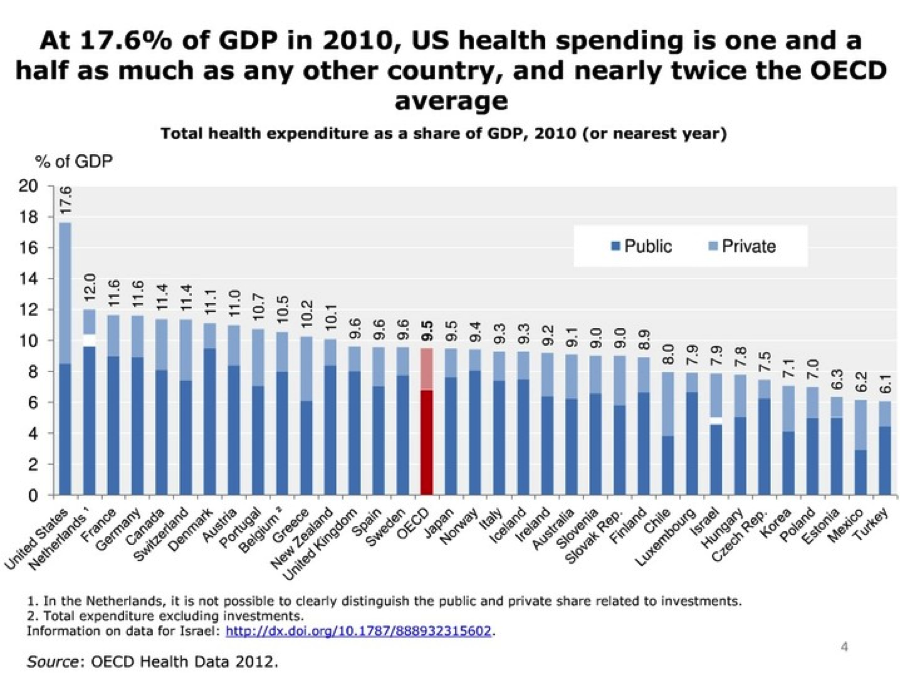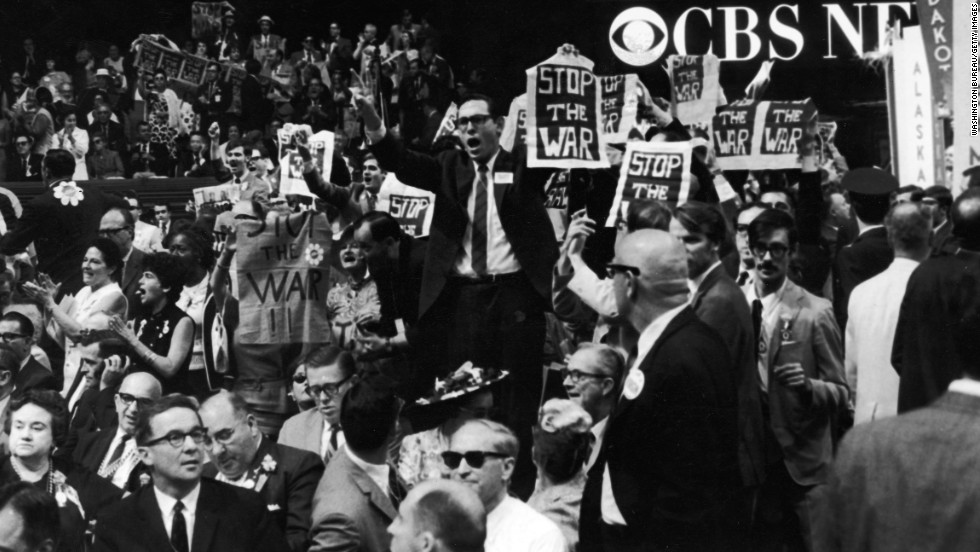I spent the first four decades of my life in six different Bible Belt US states. The only thing that made me different from others was the fact that I refused to become part of a lynch-mob bent on vengeance. I stood by my values; and for that, I was forced out of the tribe.
I had to grow up and face a hard fact. I had spent most of my life believing there was only one way to live; that the generations who preceded us have shown us that way; and any departure from it was, by definition, simply "off-course". To the extent that I deviated from the norm, I considered myself a basically recalcitrant person; maybe not evil, but not as ideologically pure as my good Southern Baptist Christian conservative neighbours, family, friends ... it was with great astonishment that I watched every one of those "good" people betray values they claimed to hold sacrosanct. It was at a very advanced stage of life that I understood that what passes for principled living for most people is just a matter of conformity.
I love living in Canada. I am glad that I will die here.
And the political system in the US? One of my biggest regrets in life is having trusted it, and involving myself in it. What a waste of time and energy.
Most people, in every culture, in all ages, have been obedient followers of the established authority – sheeple. That's never gonna change.
That's not a new notion, by any means. I read it recently in the first of a two-volume set I bought in a local used bookstore of H.G. Wells's The Outline of History (1920) ... here it is:
There was a process of enslavement as civilization grew; the headmen and leaderly men grew in power and authority, and the common man did not keep pace with them; he fell by imperceptible degrees into a tradition of dependence and subordination.
On the whole, the common men were fairly content to live under lord or king or god and obey their bidding. It was safer. It was easier. All animals – and man is no exception – begin life as dependents. Most men never shake themselves loose from the desire for leading and protection. Most men accept such conditions as they are born to, without further questions.
In [James Henry] Breasted's Religion and Thought in Ancient Egypt (1912), he gives various stories and passages to show that before 2,000 B.C. there was social discontent, but it was a naive unrevolutionary discontent. There are complaints that men are treacherous and that judges are unjust. Rich men are capricious and exacting and do not pity and help the poor. There are quarrels about the scale of payment, and strikes against bad food and health conditions. But there is no question of the right of Pharaoh to rule nor of the righteousness of riches. There is no challenge to the social order; never do the complaints materialize into action.
– Volume 1, H.G. Wells The Outline of History (1920)
"It was safer. It was easier."
At no time has it ever been more apparent to me that most people are incapable of being anything more than the servants of the established authority. And it was foolish to even believe they have a desire to be anything more; anything better.
We are where we are because people are what they are. Not because of corrupt leaders. Canadians know that. America's leadership is a reflection of what the nation has become. The leaders are merely a reflection of the greater society. Essentially unprincipled.
Don't waste your time trying to change that natural order. It may sound trite, but be the change you want to see in the world. That's all any of us can do.
We are where we are because people are what they are. Not because of corrupt leaders. Canadians know that. America's leadership is a reflection of what the nation has become. The leaders are merely a reflection of the greater society. Essentially unprincipled.
Don't waste your time trying to change that natural order. It may sound trite, but be the change you want to see in the world. That's all any of us can do.





